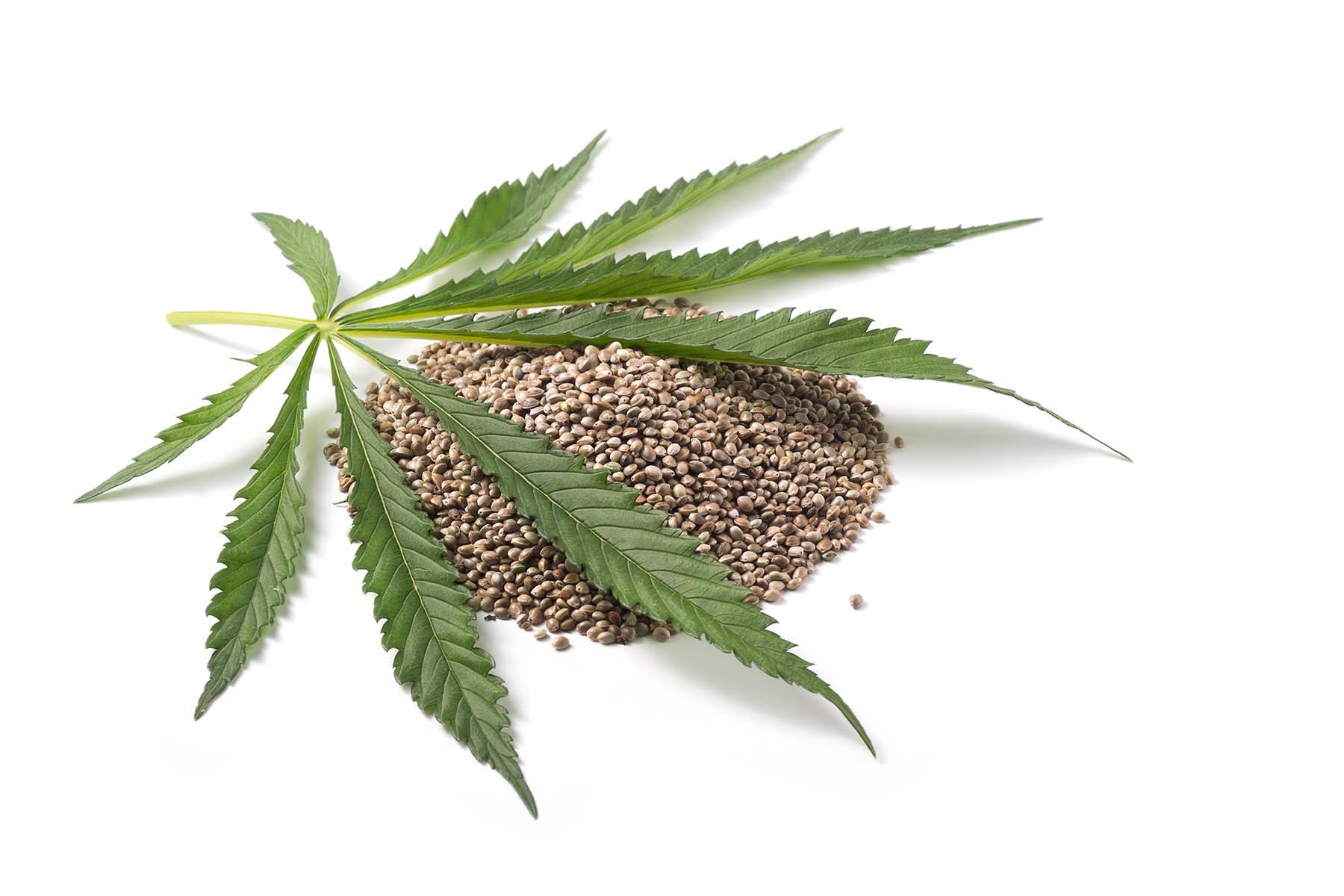The use of THC vapes has become increasingly popular in recent years, with many people turning to these products as a discreet and convenient way to consume cannabis. However, the legal landscape surrounding THC vapes is complex and constantly evolving, making it important for consumers to stay informed about the regulations that govern their use.
In the United States, the legality of THC vapes varies from state to state. While some states have legalized both medical and recreational cannabis use, others still have strict laws in place that prohibit any form of cannabis consumption. This means that individuals who wish to use thc vapes need to be aware of the laws in their specific state before making a purchase.
Even in states where cannabis is legal, there are still regulations governing the sale and distribution of THC vapes. For example, many states require that all cannabis products be sold through licensed dispensaries, which must adhere to strict guidelines set by regulatory bodies. These guidelines often include requirements for testing and labeling products to ensure their safety and quality.
In addition to state laws, there are also federal regulations that impact the sale and use of THC vapes. The Drug Enforcement Administration (DEA) classifies cannabis as a Schedule I controlled substance, meaning that it is illegal at the federal level. This has created challenges for businesses operating in states where cannabis is legal but still subject to federal restrictions.
One major issue facing the industry is the lack of consistent testing standards for THC vapes. Because these products are relatively new on the market, there is limited research available on their long-term health effects. This has led some lawmakers and public health officials to call for stricter regulations on vaping products in general.
Despite these challenges, many consumers continue to turn to THC vapes as a preferred method of consuming cannabis. Advocates argue that vaping offers a more discreet and convenient option compared to traditional smoking methods. Additionally, some studies suggest that vaping may be less harmful than smoking because it produces fewer toxic byproducts.
As the legal landscape continues to evolve, it is important for consumers to stay informed about changes in regulation surrounding THC vapes. By understanding the laws governing these products in their state and advocating for responsible consumption practices, individuals can help shape a safer and more transparent marketplace for cannabis products overall.
Overall, while there are still uncertainties surrounding the legal status of THC vapes at both state and federal levels , staying educated on current regulations can help ensure safe usage within boundaries established by law enforcement agencies .



